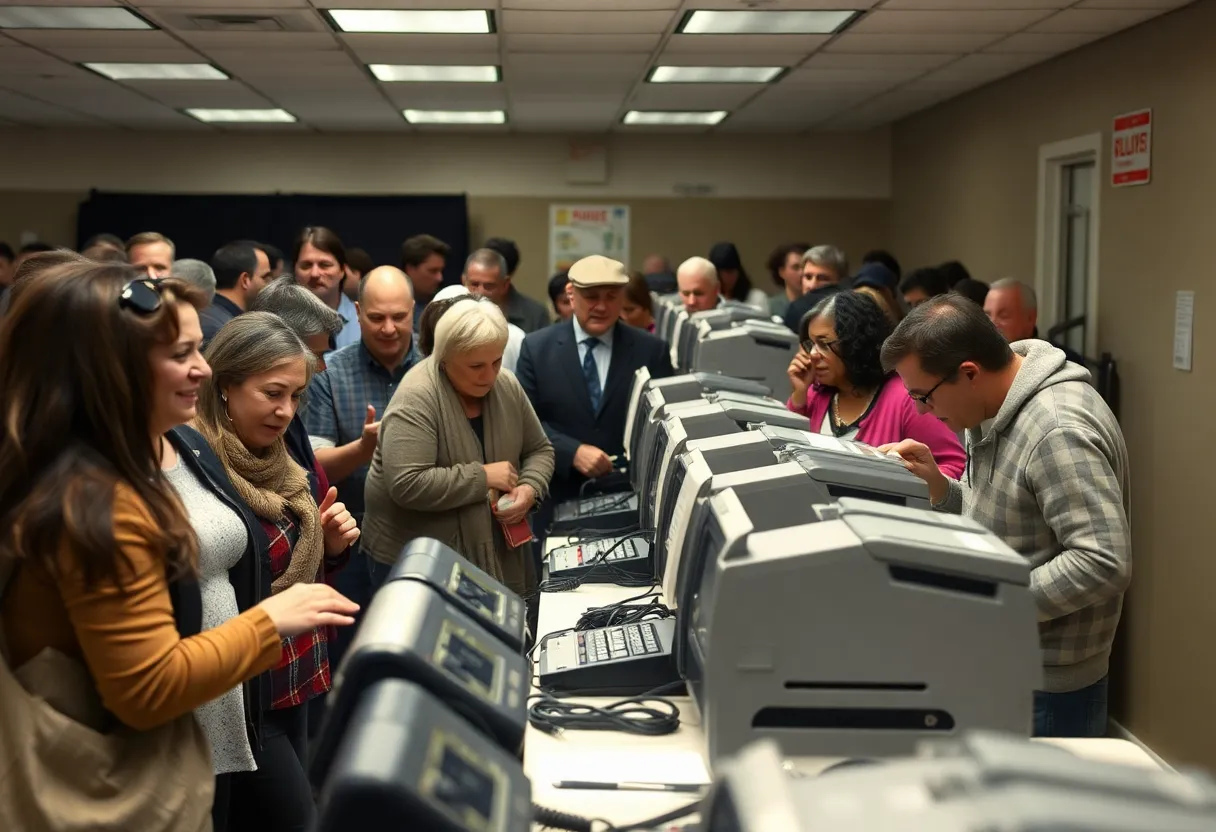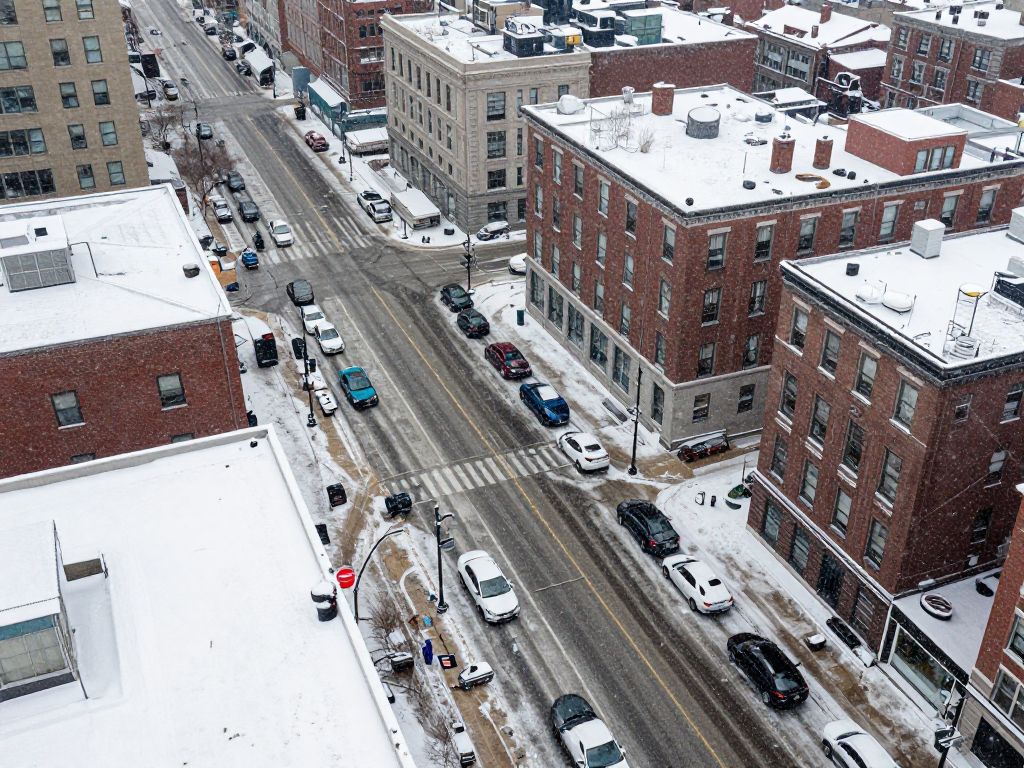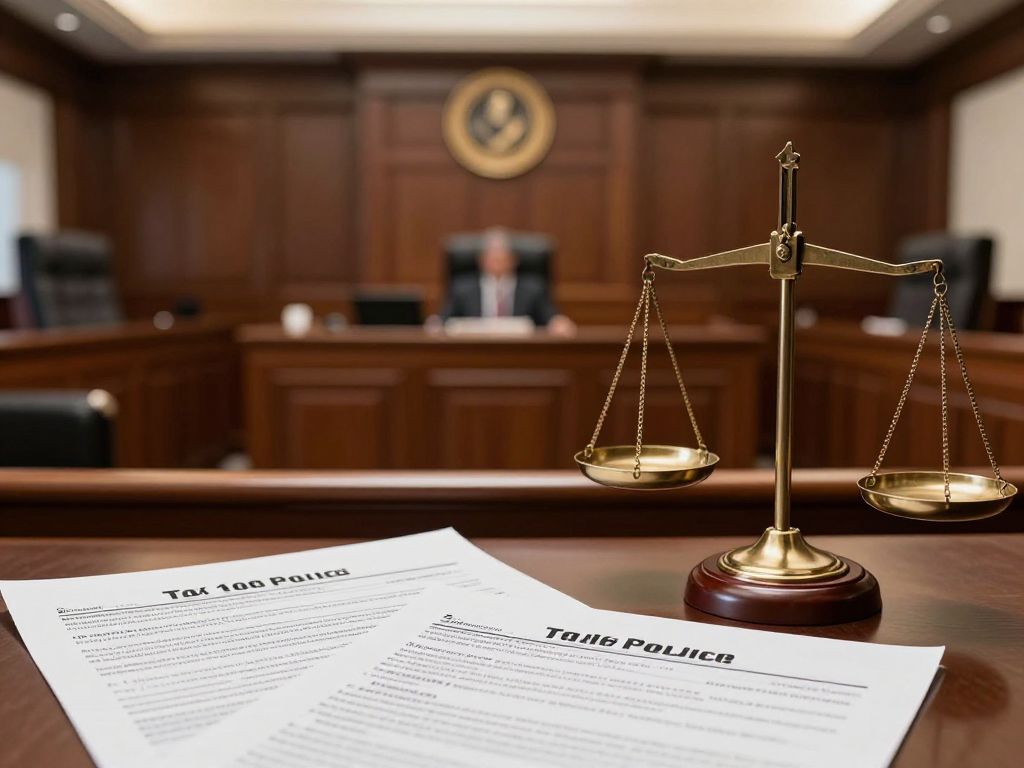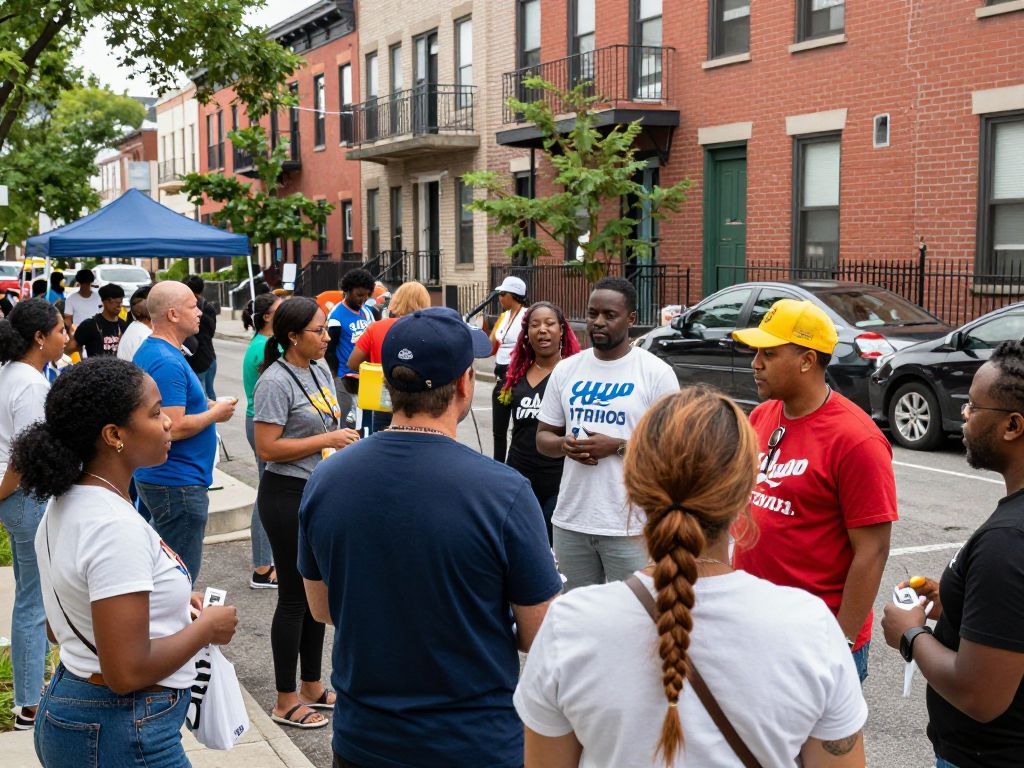News Summary
Boston’s recent special election was plagued by serious issues, including ballot shortages and malfunctioning voting machines, leading to long delays and frustration among voters. Investigations are underway to assess the elections department’s performance, and city officials acknowledge the critical need for improvement. Mayor Wu is proposing a budget increase for the elections department to address these problems and enhance future operations.
Boston is facing significant backlash following severe ballot shortages and operational failures during a recent special election, prompting inquiries into the performance of its elections department. Election Day was marred by reports of insufficient ballots, broken voting machines, and overwhelming demand for assistance, resulting in long lines and frustration among voters.
Ryan Evaul, an election clerk in Charlestown, reported that his precinct received only 600 to 800 ballots, well below the expected 2,000 for such an event. Despite reaching out for more ballots around 10 a.m., additional supplies did not arrive until the evening, exacerbating delays for voters. The city saw approximately 16,000 calls made to the support line that day, with many of these calls regrettably going unanswered.
In response to these issues, the Boston City Council convened a public hearing to investigate the widespread failures noted on Election Day. City officials expressed concerns over insufficient ballot supply, which they recognized could lead to voter disenfranchisement. The Massachusetts Secretary of State, William F. Galvin, has taken the step of placing the Boston Elections Commission under state receivership following an investigation into the November election’s problems. This investigation confirmed serious operational shortcomings, including inadequate communication between polling locations and a lack of training for poll workers regarding ballot shortages and vote tabulator malfunctions.
The report from this investigation highlighted critical areas needing improvement. Errors were found in the formulas used to calculate the number of ballots required for polling places, which contributed to the shortages experienced on Election Day. Although the city delivered 766,200 ballots, many locations still lacked sufficient quantities, prompting the Boston Police Department to assist in expediting ballot deliveries to meet the demands of voters in line.
As a response to these failures, Eneida Tavares, commissioner of the city’s elections department, made a commitment to the council, emphasizing the importance of ensuring every voter has access to the voting process. The city has engaged a national, non-partisan consulting firm, The Election Group, on a $50,000 contract. This engagement aims to improve poll worker training, streamline communication processes, and adjust protocols for ballot distribution for future elections.
Moreover, Mayor Michelle Wu’s administration is proposing an increase to the elections department budget for the upcoming fiscal year, planning to raise it from approximately $6.5 million to $7.4 million, marking a 13.6 percent increase. This financial support is intended to rectify the issues faced during the recent election and bolster future operations.
In necessary leadership changes, Michael J. Sullivan has been appointed to oversee the Boston Elections Department through 2026, tasked with revamping training, communication strategies, and ballot supply processes to avoid any repetitions of the failures experienced during this election cycle.
Despite the challenges faced on Election Day, the city has maintained that voters still in line at the polls by 8 p.m. were allowed to cast their votes. However, Tavares has acknowledged that the delays and overall handling of the election were “completely unacceptable,” reaffirming the city’s commitment to a fair and efficient electoral process.
With these proactive steps underway, Boston aims to reassure its residents as it navigates the complexities of improving its election protocols and ensuring that future elections are conducted smoothly and without hindrance.
Deeper Dive: News & Info About This Topic
HERE Resources
Harvard’s Office of Technology Development Boosts Innovation
Discover Boston’s Best Outdoor Dining Spots for Patio Season
Boston Ballet School Showcases Young Talent at ‘Next Generation’
Boston Public Schools Faces Challenges as Agreement Expires
Local Faculty Inducted into American Academy of Arts and Sciences
Mike Kennealy Launches 2026 Gubernatorial Campaign in Massachusetts
Billionaire Jim Davis Backs Mayoral Candidate Josh Kraft
Boston in Turmoil: Election Overhaul Amid Scandal
Chick-fil-A Expands Across Massachusetts
Boston City Councilors Propose Bypass for Special Election
Additional Resources
- Boston Globe: Election Department Under Receivership
- Wikipedia: Elections in the United States
- AP News: Boston Election Ballots Investigation
- Google Search: Boston Election News
- NBC Boston: Election Problems Report
- Google News: Boston 2024 Election
- MassLive: Boston Council on Missing Ballots
- Encyclopedia Britannica: Election

Author: STAFF HERE BOSTON WRITER
The BOSTON STAFF WRITER represents the experienced team at HEREBoston.com, your go-to source for actionable local news and information in Boston, Suffolk County, and beyond. Specializing in "news you can use," we cover essential topics like product reviews for personal and business needs, local business directories, politics, real estate trends, neighborhood insights, and state news affecting the area—with deep expertise drawn from years of dedicated reporting and strong community input, including local press releases and business updates. We deliver top reporting on high-value events such as Boston Marathon, Head of the Charles Regatta, and Boston Harborfest. Our coverage extends to key organizations like the Greater Boston Chamber of Commerce and Associated Industries of Massachusetts, plus leading businesses in finance, biotech, and insurance that power the local economy such as Fidelity Investments, Biogen, and Liberty Mutual Insurance. As part of the broader HERE network, we provide comprehensive, credible insights into Massachusetts's dynamic landscape.





